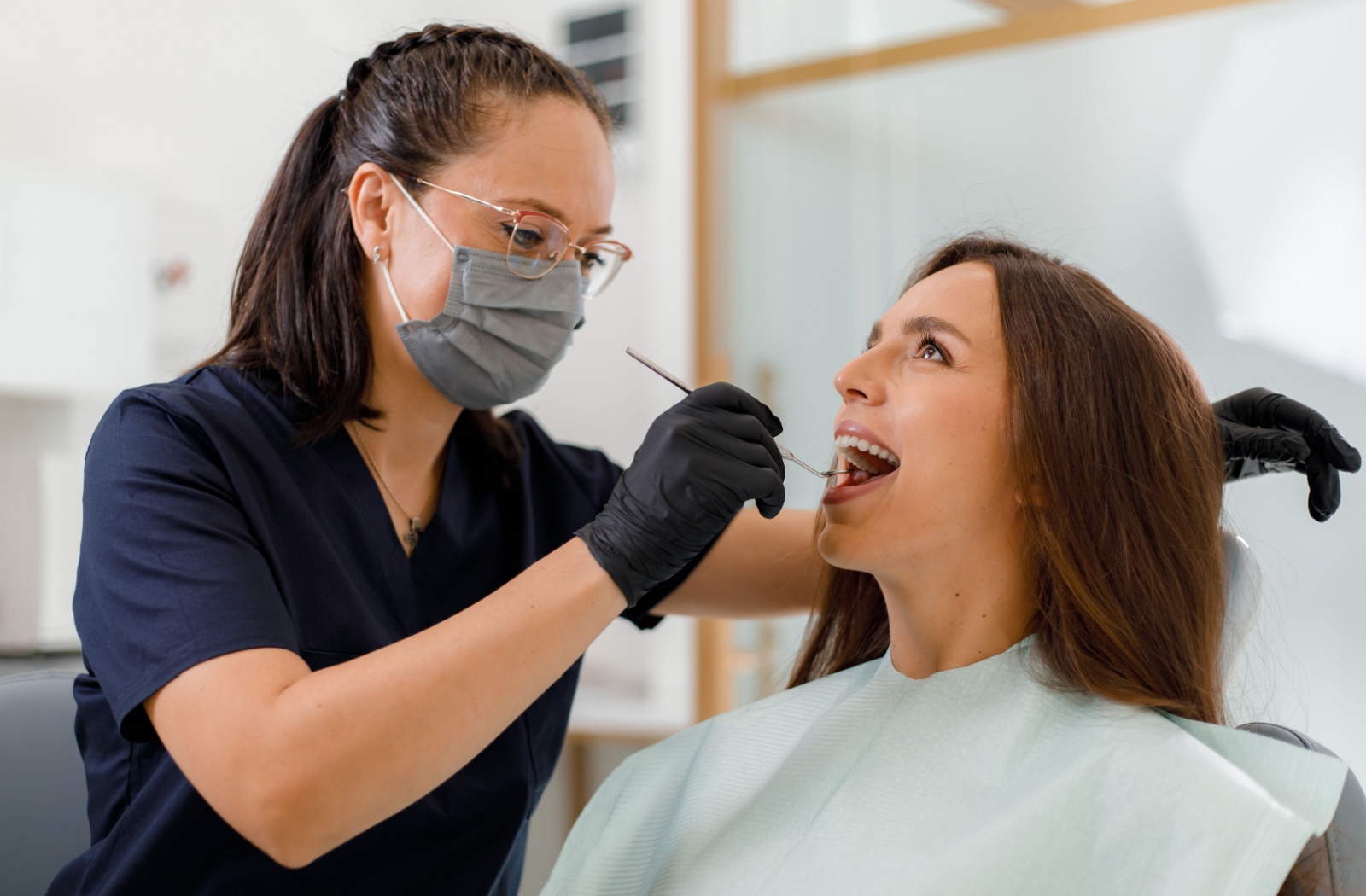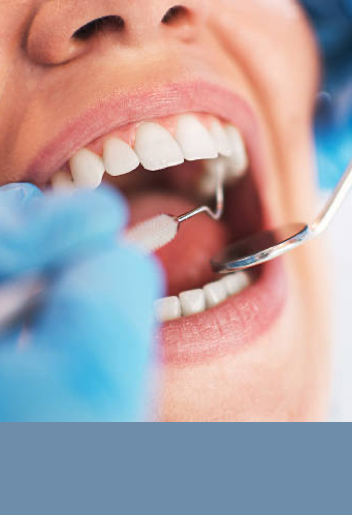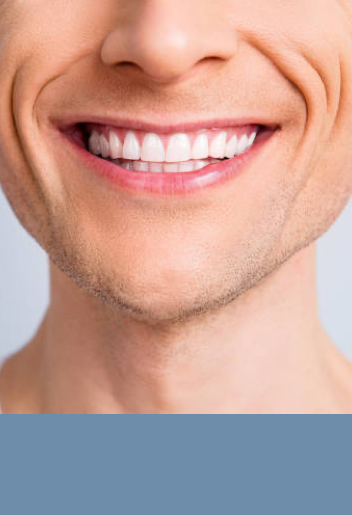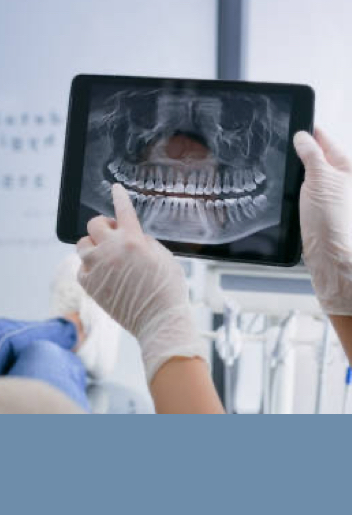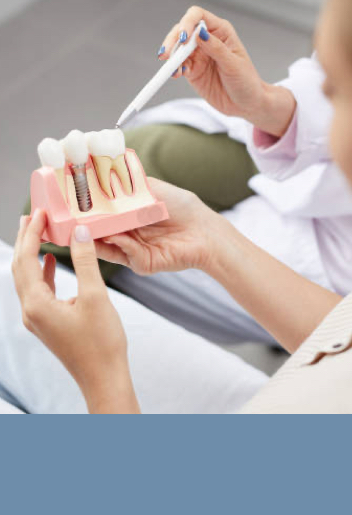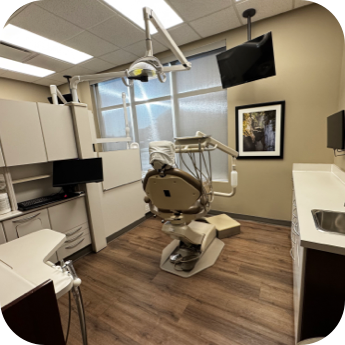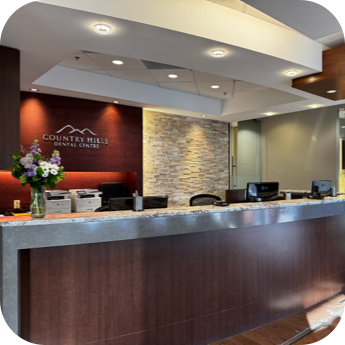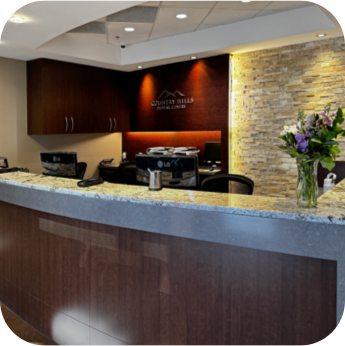Keeping your smile healthy takes more than daily brushing and flossing. Even with great at-home habits, plaque and tartar can still build up in hard-to-reach areas, which is why professional cleanings are an important part of oral care.
Most people should have their teeth professionally cleaned every three to six months. The frequency of your visits depend on your general oral health and risk factors.
Regular cleanings not only protect against cavities and gum disease but also support your overall health and give you the confidence of a brighter smile.
Why Are Dental Cleanings So Important?
Professional dental cleanings do much more than make your teeth feel smooth and look brighter. They’re helpful for preventive care, as well as for protecting your overall health.
Even if you brush twice daily and floss regularly, there are areas in your mouth that are difficult to clean thoroughly at home. Over time, plaque builds up in these spots and hardens into tartar. Once tartar forms, only a dental professional can remove it.
Here’s what regular cleanings help prevent:
- Cavities and tooth decay: Professional cleanings remove the bacteria and plaque that cause holes in your teeth. When left untreated, cavities can lead to pain, infection, and even tooth loss.
- Gum disease: Tartar buildup along the gumline causes inflammation, which can progress from gingivitis to more serious periodontal disease. Regular cleanings keep your gums healthy and reduce your risk of gum disease.
- Bad breath: Persistent bad breath often stems from bacteria buildup that regular brushing can’t address. Professional cleanings eliminate these odour-causing bacteria.
- Serious health complications: Research shows strong connections between oral health and conditions like heart disease, diabetes, and stroke. Keeping your mouth healthy supports your overall wellness.
What Might Happen at a Cleaning Appointment?
Knowing what to expect can help you feel more comfortable about your dental cleaning appointment. Your cleaning appointment typically includes several steps:
- Initial examination: Your dental hygienist or dentist will examine your teeth and gums, looking for signs of cavities, gum disease, or other concerns.
- Scaling: Your hygienist will carefully remove plaque and tartar from your teeth and below the gumline.
- Polishing: A special polishing paste is used to smooth your teeth and remove surface stains.
- Flossing: Your hygienist will floss between all your teeth to remove any remaining debris and demonstrate proper flossing technique if needed.
- Fluoride treatment: A fluoride treatment might be applied to help strengthen your tooth enamel and provide extra protection against decay.
The entire process usually takes about 60 minutes and shouldn’t cause significant discomfort. If you experience anxiety about dental visits, let our team know. We’re experienced in helping nervous patients feel at ease.
How Often Should You Schedule a Cleaning
While six months is the standard recommendation for teeth cleaning frequency, some people benefit from more frequent visits.
- Every six months: This schedule works well for most people who maintain good oral hygiene at home and don’t have significant risk factors for dental problems.
- Every three to four months: More frequent cleanings might be recommended if you are a higher risk patient and depend on your general oral health and risk factors.
- Tobacco users also typically need more frequent cleanings because smoking and chewing tobacco significantly raises the risk of inflammation and gum disease, bone loss, and increases plaque and tartar buildup.
- Pregnant women might benefit from additional cleanings, as hormonal changes during pregnancy can make gums more susceptible to inflammation and bleeding.
Your dental team will work with you to establish a cleaning schedule that keeps your mouth healthy and fits your lifestyle and budget.

The Benefits of Staying on Schedule
Regular dental cleanings offer advantages that extend far beyond your mouth:
- Prevention is less expensive: Regular cleanings help catch problems early when they’re easier and less costly to treat. A small cavity spotted during a routine visit costs much less to fill than waiting until it becomes an emergency requiring more attention.
- Better overall health: Good oral health supports your general wellness. When your mouth is healthy, you’re less likely to experience systemic health issues related to oral bacteria.
- Confidence in your smile: Clean, healthy teeth look better and feel better. Regular cleanings help remove stains and keep your smile bright.
- Early detection: Your dental team can spot potential problems during routine cleanings, from cavities to oral cancer signs. Early detection often means simpler, more effective treatment.
Dental Hygiene Tips Between Visits
Professional cleanings are important, but what you do at home makes the biggest difference in your oral health. Here are some dental hygiene tips to keep your teeth and gums healthy between appointments:
- Brush properly twice daily: Use fluoride toothpaste and brush for at least two minutes. Pay attention to the gumline and back teeth, where plaque tends to accumulate.
- Don’t skip flossing: Flossing daily removes plaque and food particles from between your teeth where your toothbrush can’t reach. If traditional floss is difficult to use, try floss picks or a water flosser.
- Choose your foods wisely: Limit sugary and acidic foods and drinks, which feed the bacteria that cause cavities. When you do indulge, rinse with water afterwards.
- Stay hydrated: Drinking plenty of water helps wash away food particles and bacteria. It also supports saliva production, which naturally protects your teeth.
- Don’t use your teeth as tools: Avoid chewing ice, opening packages with your teeth, or biting non-food items that can cause chips or cracks.
- Replace your toothbrush regularly: Change your toothbrush every three to four months, or sooner if the bristles become frayed.
Dental Hygiene Tips Between Visits
Staying on top of professional cleanings is one of the best ways to keep your teeth and gums healthy for life. By visiting your dentist regularly, you can help prevent problems before they start and enjoy the confidence of a brighter, healthier smile.
Book your next cleaning with Country Hills Dental today and let our team help you maintain excellent oral health.

